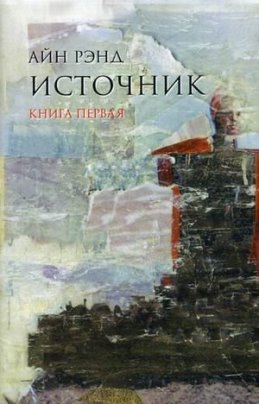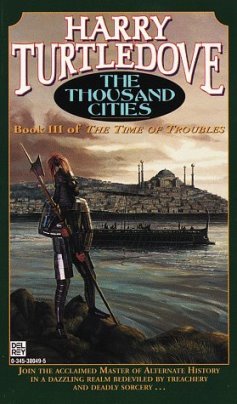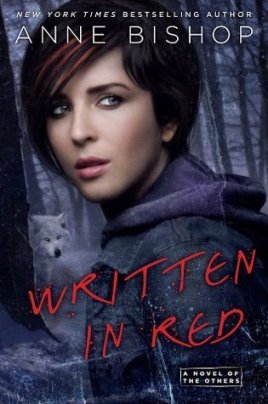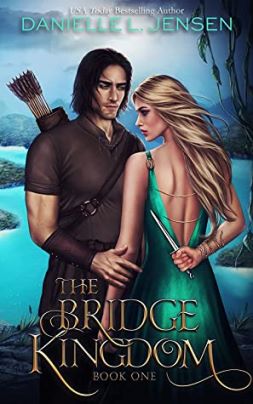Introduction of the ebook: Brideshead Revisited
Đánh giá : 4.00 /5 (sao)
The most nostalgic and reflective of Evelyn Waugh’s novels, Brideshead Revisited looks back to the golden age before the Second World War. It tells the story of Charles Ryder’s infatuation with the Marchmains and the rapidly-disappearing world of privilege they inhabit. Enchanted first by Sebastian at Oxford, then by his doomed Catholic family, in particular his remote sis The most nostalgic and reflective of Evelyn Waugh’s novels, Brideshead Revisited looks back to the golden age before the Second World War. It tells the story of Charles Ryder’s infatuation with the Marchmains and the rapidly-disappearing world of privilege they inhabit. Enchanted first by Sebastian at Oxford, then by his doomed Catholic family, in particular his remote sister, Julia, Charles comes finally to recognize only his spiritual and social distance from them. …more
Review ebook Brideshead Revisited
********Please note – contains spoilers ************
One’s head is rather spinning, there are so many terribly good things and likewise so very much abject wretchedness it’s hard to begin. Let us try.
1) This book is the twisted story of a homosexual affair, which I was truly not expecting it to be. It’s famously set amongst the upper classes, firstly in Oxford, so you get pages of blissed-out descriptions of life amongst British aristocratic students in the 1920s and how many plovers eggs they ea ********Please note – contains spoilers ************
One’s head is rather spinning, there are so many terribly good things and likewise so very much abject wretchedness it’s hard to begin. Let us try.
1) This book is the twisted story of a homosexual affair, which I was truly not expecting it to be. It’s famously set amongst the upper classes, firstly in Oxford, so you get pages of blissed-out descriptions of life amongst British aristocratic students in the 1920s and how many plovers eggs they eat and which claret they guzzle. That part is what I was expecting, and very lush and delectable and appalling it is too. But what surprised me is that it all takes place within a thick pall of implied and overt homosexuality. The two principals of the first half, Charles and Sebastian, are in love, clearly. they do everything and go everywhere together. And the best character in the whole book is a Quentin Crisp-style flaming queer called Anthony Blanche who says things like
“Good evening Mulcaster, old sponge and toady, are you lurking amongst the hobbledehoys? Have you come to repay me the three hundred francs I lent you for the poor drab you picked up in the casino? It was a niggardly sum for her trouble, and WHAT a trouble, Mulcaster!”
and
“The gallery after luncheon was so full of absurd women in the sort of hats they should be made to eat that I rested here with Cyril and Tom and these saucy boys.”
At one point Anthony takes our hero Charles to a gay club which Charles refers to as a “pansy bar”. But here’s the thing –
a) this novel is not notorious for its gay subject matter; it is true there is no explicit buggery going on, but neither is it especially coy. As it was published in 1945 when English men were being imprisoned for homosexuality (a crime which was only removed from the statutes in 1967, that year of liberation) this seems to me very interesting.
b) Nor in the book is there any trace of disapproval anywhere, from anyone, that homosexuality is wrong. The only sin which gets its religious comeuppance is adultery. From this book you would get the notion that the upper classes tolerated openly gay relationships in the 1920s and 1930s. This is surprising to me. It could be something to do with the public school system and the worship of classical Greece. It’s all very queer.
2) This book appears to think its point is a religious one. So that the climactic sundering of the lovers in part two is because one of them is a passionate disbeliever and the other one realises that religion, by which we mean Catholicism, is genuinely important. As a confirmed “what’s God got to do with it” agnostic, this washes right over my head but leaves me feeling damp and annoyed – I trudged through 330 pages for a stupid religious damp squib ending like that? Give me my money back! In the words of The Shangri-Las, “and that’s called…bad”.
3) this book is a love song to wealth and class, and as an only slightly reconstructed old class warrior, I was sailing on queasy seas, but could not help enjoying Waugh’s tremendous atmospheric prose and beautiful dialogue. In the words of The Shangri-Las, “and that’s called…glad”.
4) This book presents us with one of my least favourite types of characters, the doomed agonised male with whom we are supposed to agonise along with and swoon over and indeed love. You get this creep popping up all over the place. He’s there in The English Patient, he’s there in that stupid movie Damage, he’s there in Dead Man Walking, he’s in la Belle dame Sans Merci, there’s a million of them, all doomed, all with soulful eyes, all suffering. In the words of The Shangri-Las, “and that’s called…sad”.
5) This book appears to endorse some extraordinary behaviour. Charles gets married to someone who turns out not to be his true love at all, and has two kids, and goes off to paint in Guatemala for 2 years, and comes back, and his wife asks him to please come and visit his own children which he hasn’t seen for 2 years and he regards this request as … vulgar. And he just… doesn’t see them! And no criticism from Waugh either! In the words of The Shangri-Las, “and that’s called…mad”.
So ultimately I don’t really know what this book was really “about” but as a portrait of a set of upperclass bastards in England in the 1920s it’s almost enthralling. Three and a half stars.
————–
Note : Donna Tartt so ripped off part one of this book for The Secret History, with her languorous cliques of uber-rich students. She had more of a story going by page 100 I think, although that was a slowly crawling overfed turtle of a book too. But Evelyn Waugh is just a shade better at writing than our Donna.
…more


 Đang tải dữ liệu
Đang tải dữ liệu









Chia sẻ ý kiến của bạn